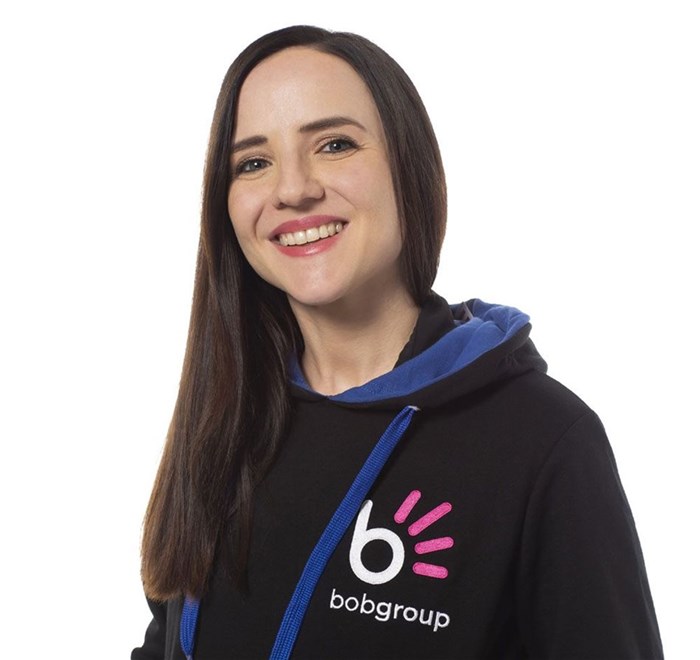
Top stories

Marketing & MediaBehind the campaign: Reframing fairness in ride-hailing: The inDrive success story
inDrive 3 hours





More news
















Research by Payments and Commerce Market Intelligence (PCMI) indicates that in the next two years, the digital commerce market is expected to reach $72bn across South Africa, Egypt, Kenya, Morocco and Nigeria.
It also anticipates that over the next decade, Africa will contribute more to consumer spending than Europe.
Adapting operations
However, for businesses to succeed in this hotly contested space, they will need to ensure they not only deliver on the market’s every demand but can adapt operations as the e-commerce boom intensifies.
Anita Erasmus, head of business at South African e-commerce ecosystem Bob Group, has encountered businesses running into trouble because they only start planning for scaling when it is too late.

“It then becomes difficult to manage the changes required to accommodate for scale. It might be easy to implement new technology, but getting people to change how they operate takes time,” she says.
Streamline processes
For this reason, she advises that business owners streamline their processes from the start by installing easy-to-use technology and hiring staff members who are trained properly.
There are more than 2,500 e-commerce businesses making use of Bob Group’s order fulfilment and shipping tool Bob Go, and Erasmus says those that succeed are those that use technology to its full potential.
“Most technology providers constantly improve their offering, and it is important for business owners to utilise all the relevant features to improve their fulfilment strategy.
“On a more practical level, they need to ensure that their online store, which is their main data source, is integrated into all their other systems, shipping being one example. When two or more systems speak to each other without requiring human interaction, it not only saves time but also limits mistakes.”
Adding stock levels to the online store, she says, optimises inventory performance. It means the business can fulfil the product as soon as the order has been placed and get it to the customer as quickly as possible.
She also recommends weekly stocktakes, even if only for fast-moving items, as they allow businesses to pick up issues relating to theft or gaps in the fulfilment process.
Balancing quality and speed of delivery can be tricky, but again, Erasmus says it all comes back to how processes are optimised.
“Streamlining inventory management and communication channels, utilising technology and partnering with reliable logistics providers are crucial steps.
“It is also important to set clear and realistic expectations from the start. Be transparent in terms of delivery timeframes, keep the customer informed during the process and offer them options when it comes to delivery methods, which is part of the reason why Bob Group also offers Bob Box locker solutions as an alternative delivery method to door-to-door."
While disruptions do and always will occur, businesses need to establish strategies that enhance resilience, Erasmus adds. This all starts with planning.
In the event of something going wrong, the merchant should have other options and enough inventory to replace the customer’s parcel in the short term if needs be.
“That requires good relationships with your supplier and your logistics partners, therefore you need to partner with companies that care and are willing to assist when required.
“You can also ease the impact of disruptions by using processes that assist with easy fulfilment, such as sticker waybills and automated tracking.”